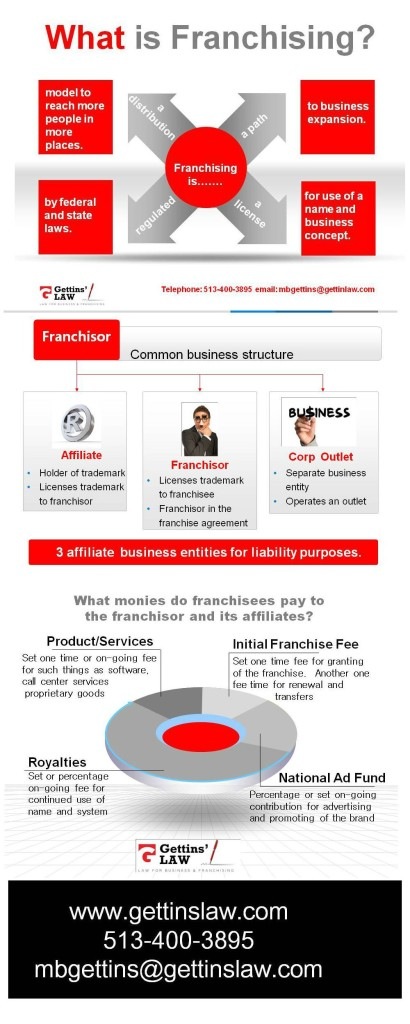Last week, the International Franchise Association's Franchise Congress conducted a number of meetings with lawmakers in Massachusetts to discuss legislation that would clearly state that franchisees are independent contractors, and not employees.
If adopted, the law would address the problem that manifested itself in Massachusetts two years ago, when the United States District Court for Massachusetts caused shockwaves through the franchise world when he called franchising a "modified Ponzi scheme."
In that case (Awuah v. Coverall North America), which I discussed in more detail in my blog posts here, here, and here, the Court found that the franchisees of Coverall (a janitorial service company) were employees, and not independent contractors.
As the law currently exists under the Massachusetts Independent Contractor Act (the "Act"), an individual performing a service is considered an employee unless:
- the individual is free from control and direction in connection with the performance of a service;
- the individual performs a service that is outside the usual course of the employer's business; and
- the individual is customarily engaged in an independently established trade, occupation, profession or business of the same nature as that involved in the service performed.
The court in Awuah found that the Coverall franchisees were not independent contractors under this test because the second prong of the test was not met, noting that "franchising is not in itself a business, rather a company is in the business of selling goods or services and uses the franchise model as a means of distributing the goods or services to the final end user without acquiring significant distribution costs."
To address the problem, the IFA seeks legislation in Massachusetts that would clarify that franchisees are independent contractors, and not employees. The IFA expects that the Massachusetts legislature will hold hearings on the proposed legislation within the next few months.


